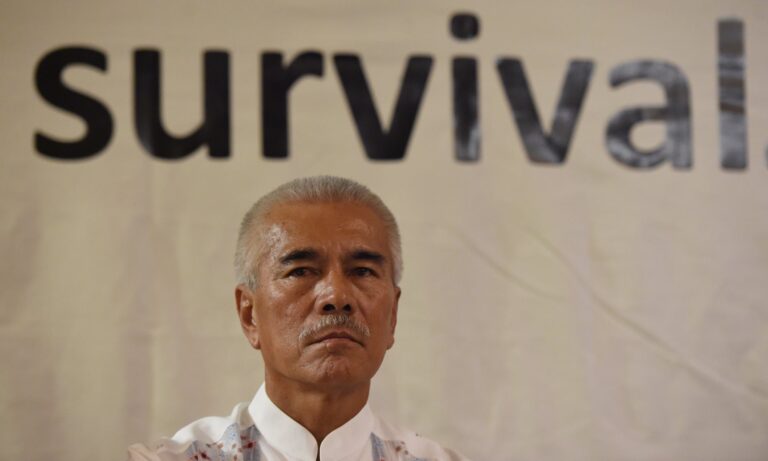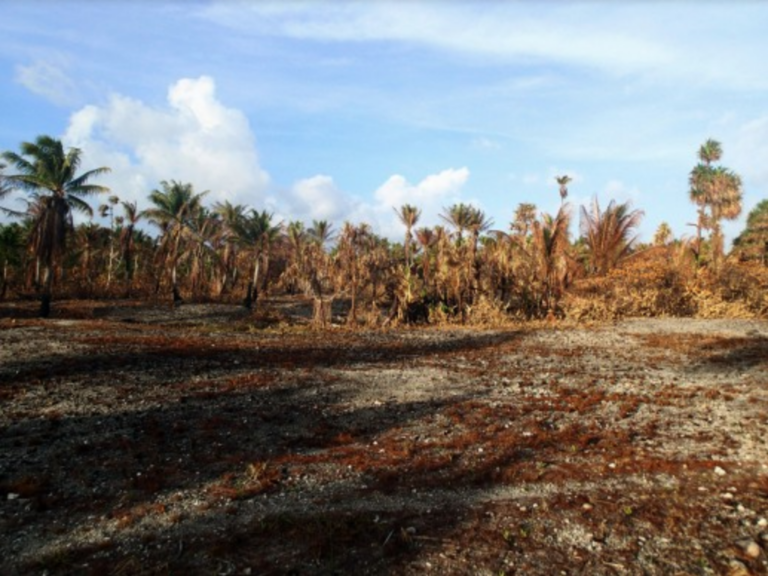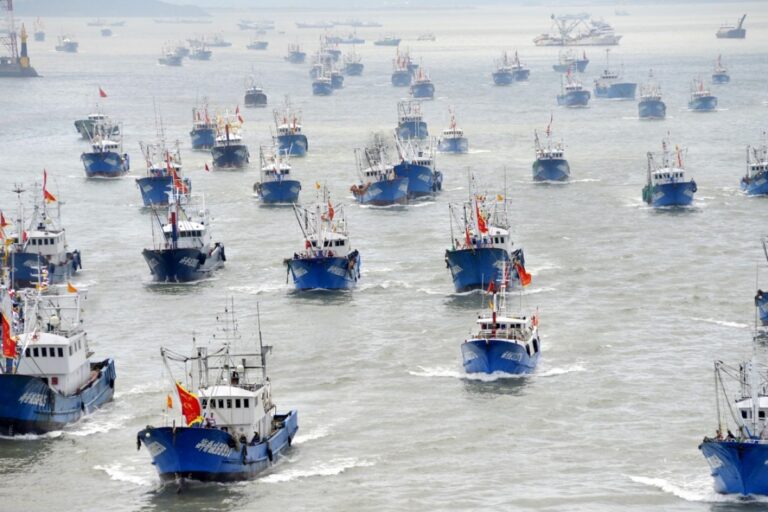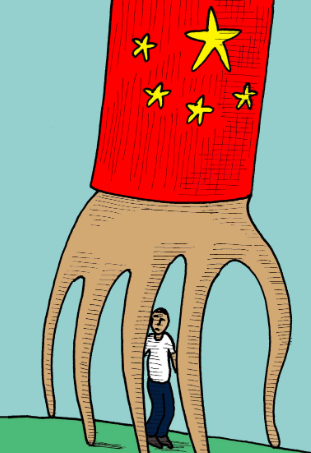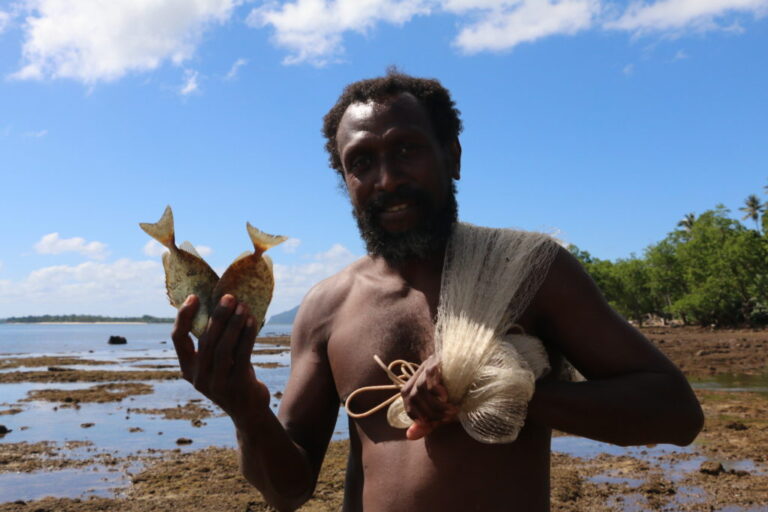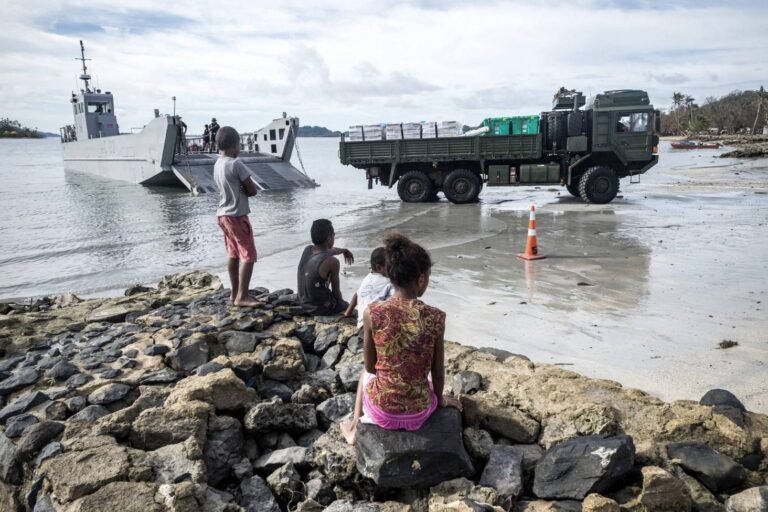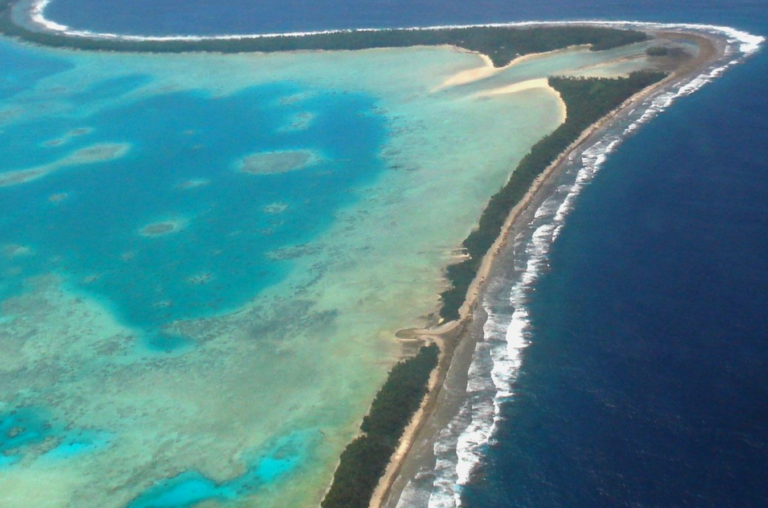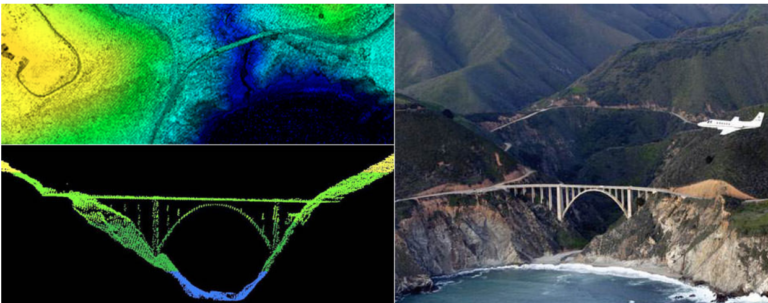In December 2015, world leaders passed the groundbreaking Paris Agreement at the 21st United Nations Framework Convention on Climate Change Conference of Parties (COP 21). In early December, world leaders met again in Madrid at COP 25 to negotiate details of the Paris Agreement and “were unable to reach consensus… read more
Archives for December 2019
“What do they do if the fish are gone?”: Fisheries and Human Migration
Fisheries play a prominent role in the cultural identity, economy, and ecology of Oceania. As climate change and IUU fishing interact to place immense pressure on the global fisheries system, the people of the Pacific Islands face the loss of not only their culture and land, but their fisheries-based livelihoods… read more
Modeling and Protecting Freshwater Resources for Disaster Resilience
In 2016, a drought on the Marshall Islands caused over 16,000 people to suffer from extreme water shortages. The government declared a state of emergency well after freshwater wells had already been contaminated by seawater, leaving thousands to drink from coconuts for survival. This picture is unfortunately not uncommon for… read more
In Oceania, Fisheries are Life. And They are Disappearing. (Part 2)
Fisheries play a prominent role in the cultural identity, economy, and ecology of Oceania. Climate change and other man-made drivers of biodiversity loss, such as illegal, unreported, and unregulated (IUU) fishing, are decimating the fisheries that Pacific Islands rely upon for their subsistence and survival. In part two of this… read more
Perspectives on Chinese Lending and Implications for Oceania
This blog was updated on 7 March 2020 from its original version. China’s lending levels and loan-issuing practices are increasingly topics of analysis for governments and policy wonks. Assessing China’s intentions, its massive Marshall Plan-esque foreign development strategy — the Belt and Road Initiative (BRI) — and stories of debt… read more
In Oceania, Fisheries are Life. And They are Disappearing. (Part 1)
Fisheries play a prominent role in the cultural identity, economy, and ecology of Oceania. Climate change and other man-made drivers of biodiversity loss are decimating the fisheries that Pacific Islanders rely upon for their subsistence and survival. In part one of this three-part blog series (see also: part two and… read more
The Pacific Reset: New Zealand Re-Engages Oceania
Earlier this year, New Zealand’s Deputy Prime Minister and Minister of Foreign Affairs, Winston Peters, visited the Solomon Islands and Vanuatu. In the Solomon Islands, Peters signed a new Statement of Partnership with Solomon Islands’ Minister of Foreign Affairs and External Trade Jeremiah Manele, and he pledged New Zealand’s support for… read more
Shrinking Shores? – Ocean Dynamics and Customizing Adaptation Plans
When it comes to climate vulnerability, one group of people will be particularly challenged: those living on low-lying islands, especially atolls. There’s frequently news about how quickly climate change will necessitate relocation or resettlement but it often focuses on the time at which sea-level rise will cover the land, making… read more
Bathymetry Data Collection: Historical Challenges and New Developments
In May of 2019, the Tuvalu Coastal Adaptation Project (TCAP), in partnership with the United Nations Development Programme (UNDP), contracted the company Furgo to conduct an airborne LIDAR survey across nine of Tuvalu’s atoll islands. The purpose of this survey was to collect bathymetry data, or data on the topographic… read more
Journalism in Oceania – The local scoop isn’t always easy to get
While the world watches as Pacific island states begin to deal with the long-term effects of climate change, local media outlets in the region are struggling to stay in business. Across Oceania, journalists, newspapers, radio stations, and more lack the necessary capital, infrastructure, and training to keep operations going. For… read more


